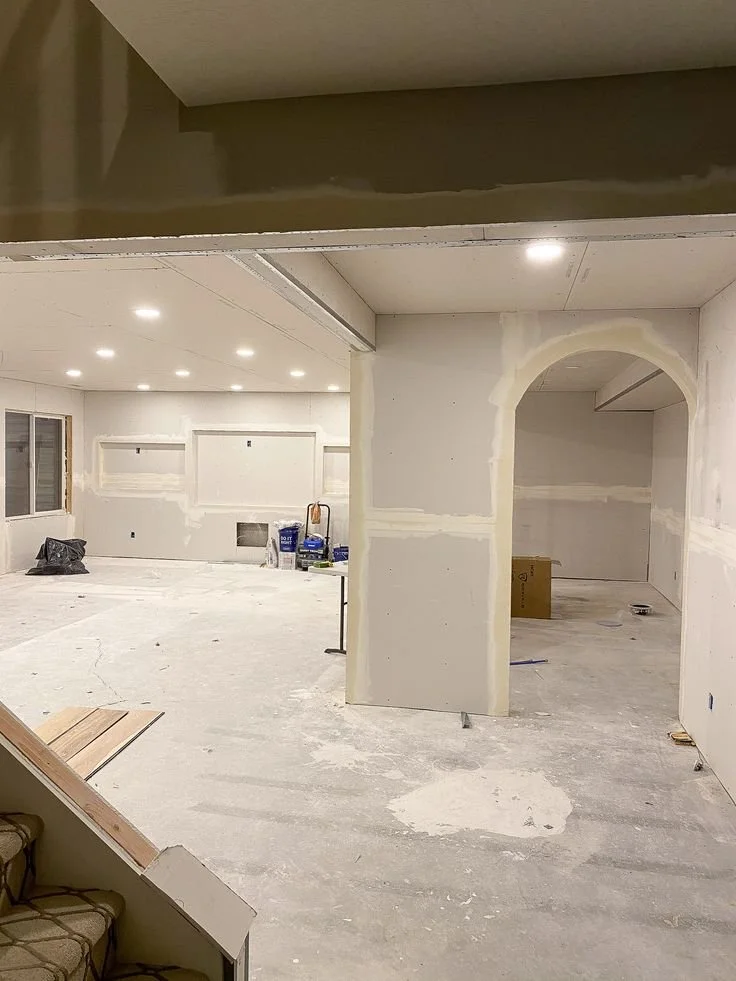Real Estate Investment Tips For First-Time Buyers In 2025
The real estate market is constantly evolving, and 2025 is shaping up to be a year full of opportunities for first-time investors. In Spring Hill, where demand for housing remains steady, understanding market trends can give you a significant advantage.
According to studies, the global real estate market is projected to grow at a compound annual rate of 5.2% by 2030, underscoring the increasing appeal of real estate as a secure and lucrative investment.
As a first-time investor, being well-prepared can help you avoid common pitfalls and set you up for success in the industry. In this article, we’ve compiled a quick guide with actionable tips to help you make informed decisions, including exploring the potential of condos as a smart investment choice.
No. 1
Understanding Market Dynamics
Real estate markets fluctuate based on factors such as demand, economic conditions, and government policies. In 2025, high inflation and fluctuating interest rates may influence property prices. However, real estate remains a stable investment, particularly in areas with growing populations, where housing demand is expected to stay strong.
Stay informed about market trends. For example, rising urbanization and the work-from-home culture are reshaping property preferences, with increased interest in suburban and semi-urban areas. By understanding these shifts, you can align your investment with what’s in demand.
No. 2
Choosing the Right Property Type
Selecting the right property type is critical when investing in real estate. Options include single-family homes, townhouses, and condominiums, depending on your budget and investment goals.
For first-time buyers, condos are increasingly popular due to their unique advantages:
Low Maintenance: Condos typically require less upkeep than single-family homes, as the homeowners’ association (HOA) manages common areas and exterior maintenance.
Amenities: Many condos come with attractive features like gyms, pools, and shared workspaces, making them appealing to renters and buyers alike.
Affordability: Condos are often more affordable than detached homes, allowing first-time investors to enter the market without overextending their budget.
No. 3
Location, Location, Location
The location of your property plays a significant role in its value and growth potential. Investing in the right area can maximize your returns over time.
For example, spacious condos in Society Hill neighborhood are an excellent choice for those seeking properties in a well-connected and vibrant area. Society Hill offers charm, and easy access to shops, parks, and cultural attractions, making it a desirable location for buyers and renters.
When exploring potential investments, look for up-and-coming neighborhoods that show signs of development, such as new infrastructure, schools, or businesses. Properties in these areas often experience long-term value growth.
Arhaus
Modern indoor and outdoor furniture and décor sustainably sourced, lovingly made, and built to last.
No. 4
Evaluating Financial Readiness
Before diving into real estate investment, assess your financial health. Start by calculating your budget, taking into account the down payment, monthly mortgage payments, and potential rental income if you plan to lease the property.
Credit Score: Ensure your credit score is strong, as it directly impacts your mortgage rate.
Mortgage Options: Explore different mortgage options and choose one that aligns with your long-term financial goals. Fixed-rate mortgages are often ideal for first-time buyers, as they provide predictable payments over the loan term.
Additional Costs: Factor in expenses such as property taxes, insurance, and maintenance to get a complete picture of your financial commitment.
No. 5
Navigating Legal and Tax Considerations
Real estate investments come with legal and tax implications that require careful attention. For first-time buyers, this process can feel overwhelming, but consulting experts can help you avoid costly mistakes.
Real Estate Attorneys: They can review contracts to ensure your interests are protected.
Tax Professionals: They can help you understand property taxes, deductions, and benefits available for first-time buyers. For instance, some locations offer tax incentives for investing in eco-friendly homes or urban redevelopment areas.
By addressing legal and tax concerns early, you’ll avoid potential hurdles that could delay or complicate your investment.
No. 6
Planning for Long-Term Success
A successful real estate investment isn’t just about the initial purchase—it’s about effectively managing the property over time.
Self-Management vs. Property Management: Decide whether you’ll manage the property yourself or hire a property management service. While self-management saves money, it requires time and effort. Condos can be a simpler choice for first-time investors, as the HOA handles external maintenance and common areas.
Maintenance: Stay on top of maintenance tasks, address tenant concerns promptly, and monitor market trends. These habits will help you maintain the property’s value and ensure consistent returns.
Takeaways
Investing in real estate offers exciting opportunities for first-time investors. Understanding market trends, choosing the right property type, and planning for the long term are crucial for success.
Whether you’re considering a single-family home or a condo in a prime location, making informed decisions and seeking expert guidance can turn your first investment into a rewarding journey.
Looking For Home Resources?
Looking to enhance your living space and create a sanctuary that supports your well-being? Explore our home partners who offer a wide range of resources to elevate your home environment.































